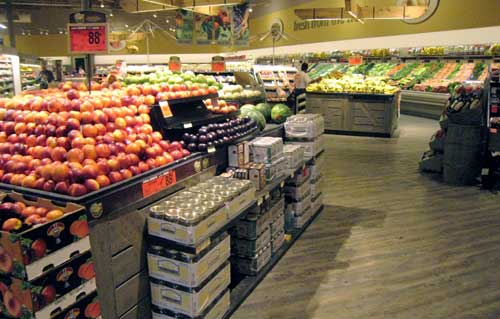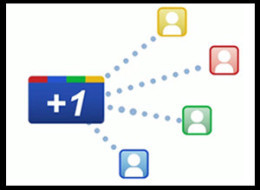Learning is the process of putting your trust into rules that apply to specific situations. For instance, in algebra, the rules are straightforward: you can do whatever you want to the left side of the equation, as long as you do the same thing to the right side of the equation. Seems simple enough. The trick, of course, is do something useful, and in algebra, "useful" means getting some unknown variable on one side of the equation all by itself.
So, if you're asked to solve for x (get "x" all by itself on one side) in the equation
6x = 12
most of us would just divide both sides of the equation by 6. The action would produce an x on the left side of the equation (all by itself) and a 2 on the right side of the equation, indicating that x is equal to two. We can check our answer by placing it into the spot held by x in the original equation, as follows
6(2) = 12
If you double six, you really do get twelve. So two must be what x is.
Hey, algebra is easy after all! Of course, the problem comes in when we see a situation that we've never seen before. Tell me, the first time you saw an equation like
6x = 0
did you just go ahead and divide both sides by 6 just like before? Or did you hesitate?
...most of us hesitate
And it's this hesitation that I find so interesting. Why don't we just apply the rules we've learned to the new situation? I mean, that's sort of the point of education, isn't it? Getting you to become confident enough in your understanding of the subject that you can apply what you know to situations you've never seen before and ultimately to the real world. When we're able to apply the rules we know to the real world, our knowledge has become useful and valuable.
So why do we hesitate? Isn't it because we don't trust the rules yet? Isn't it because we haven't seen the rules work in the new scenario before, so we wonder, is this a special case? are there new rules I don't know about yet? is there something I'm missing? I'm not sure! I don't know what to do!! I give up!!!
We don't trust the rules.
And it's not until we've seen the rules work over and over and over that our brains start to realize, hey, these rules always seem to work...I can trust them...I really
can do anything I want to this equation, as long as whatever I do to the left side I also do to the right side! Heck, if I want to get rid of that six on the left side, then it doesn't really matter what's on the right side, I can do it! I can do whatever I want! It's algebra!
So, simple repetition is useful, because it allows us the time we need to put our trust in the rules of a subject--any subject, not just math. The human brain just needs to see it enough times before it says, "this must be true, I should hold on to this."
Another way the brain comes to trust a rule is through multiple representation. When something is true not just because it always seems to work, but also because it makes sense in 3 or 4 different ways (most true things do), the brain will quickly put it's trust in that truth.
The rule "you can do whatever you want to an equation as long as you do the same thing to both sides" is not just true because it works on the problems your teachers gave you in school.
It's true by logic: the equal sign in the middle of an equation means that what is on the left side is equal to what is on the right side, so if you increase the left by six, then you have to increase the right by six.
It's true by experience: if you place two weights on opposite sides of a balance (or twins on a seesaw) then the balance (or seesaw) will sit perfectly horizontal, however if you put weights of different amounts on the balance (or a heavy kid on one side of the seesaw) then the balance (or seesaw) will slant toward the heavier side.
It's true by emotion: if mom gives your brother 5 M&M's and only gives you 3 M&M's, you know it's unfair or unequal.
"You can do whatever you want to the left side of the equation, but it won't be equal until you do the same thing to the right side as well."
"You can put however much weight on one side of the seesaw, but it won't be even until you put the same amount on the other side as well."
"You can give my brother however many M&M's you want, but it's not fair until you give me the same number of M&M's to me as well!"
Finally, the brain naturally holds onto truths or rules that make a personal impact. We've all seen a rose dipped in liquid nitrogen and dropped on the floor. I don't have to tell you that it shatters. You'll never forget it, and you'll never not know it. You didn't need to see it more than once, and you didn't need to see it in more than one way. IMPACT is perhaps the fastest way for the brain to trust a truth. IMPACT is an experience that hard-wires itself directly into the "I trust this" section of your brain. In our culture, IMPACT comes quite often through movies and music, and what we believe is true is affected by them. Different students are impacted by different things. Some students are impacted by physical contact, others by going outside, others by using technology, etc. Some things just seem to impact everyone across the board, like a frozen rose shattering on the ground.
The brain naturally holds onto that which it deems trustworthy and true through exposure to repetition, multiple representation, or sheer impact. Good teachers use all three.







